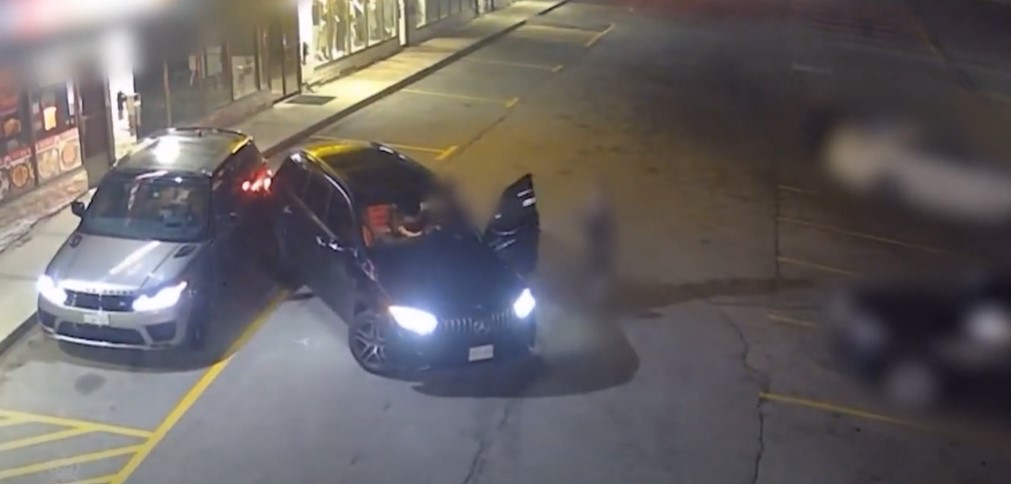Toronto police to get 2,350 body cameras and 3,000 licenses for data management

Posted August 18, 2020 4:26 pm.
Last Updated August 18, 2020 5:05 pm.
The Toronto Police Services Board approved the purchase of 2,350 body-worn cameras to equip the city’s officers on Tuesday afternoon during a public video-conferenced meeting where it also considered multiple reports related to police reforms.
Mayor John Tory, who sits on the board, said he was moved to vote in favour of the cameras in part because reports on a pilot project found that they would improve community relations.
“Improved accountability is key to the rebuilding trust between police and communities,” said Tory after the three reports were unanimously approved by the board.
“These cameras will be a valuable tool to help with that, though not the only one. I will be seeking tight rules on the operation of these cameras so that their purpose will be genuinely served.”
The addition of body cameras was proposed by Toronto city council in a series of changes to policing amid ongoing protests denouncing systemic racism.
Widespread protests have taken place in Canada and the U.S. in recent months following the death of George Floyd, a Black man in Minneapolis who died while a white police officer pressed a knee against his neck for nearly eight minutes.
Demonstrators in Toronto have also called for defunding local police, and highlighted the death of Regis Korchinski-Paquet, a Black woman who fell from her apartment’s balcony while in the presence of six police officers.
The province’s police watchdog is investigating
Korchinski-Paquet’s death.
During the five-hour TPS board meeting dozens of people made deputations, including former Toronto mayor John Sewell, Ena Chadha, the interim chief commissioner of the Ontario Human Rights Council, and dozens of concerned citizens, most of whom were in favour of defunding police.
The program will cost $30 million over five years, most of that expense being earmarked for cloud-based storage space for the hundreds of hours of video that will be generated by the cameras on a daily basis. That storage will also be used for police cruiser dashcams, cameras in interview rooms, and other sources of video evidence.
Colin Stairs, the chief information officer for the Toronto Police Service, told the board meeting that in the long run the cameras would pay for themselves by relieving officers of other time-consuming duties.
“You can stop burning DVDs full of video content to give to Crown attorneys and streamline those processes,” said Stairs. “You can also more quickly resolve issues of officer behaviour and have them disciplined or get them back on the street and that creates a saving.”
Axon, the cameras’ manufacturer, said in a statement on Tuesday that it received an order from Toronto police in the third quarter of 2020 and will ship it in multiple phases beginning this month.
A member of the Toronto police force said during Tuesday’s meeting that the full complement of cameras should be in place by August 2021.
The deal also includes 3,000 licences for data management, situational awareness and sharing tools.
Body cameras underwent a six-year vendor review process by the Toronto Police Service before an agreement with Axon was reached, the board heard. Toronto police will be the first force in Canada to use the devices.
“Their policy that they made on how to use body cameras is probably the most robust that I’ve ever seen, coming from the agencies that we’ve worked with,” said Vishal Dhir, managing director of Canada and Latin America for Axon. “So I think it was an exhaustive process of understanding what policy should be for the community but choosing the right technology as well.”
Axon says the cameras’ real-time streaming will allow police to quickly deploy the resources necessary to help de-escalate a situation, including mental-health professionals or translators.










